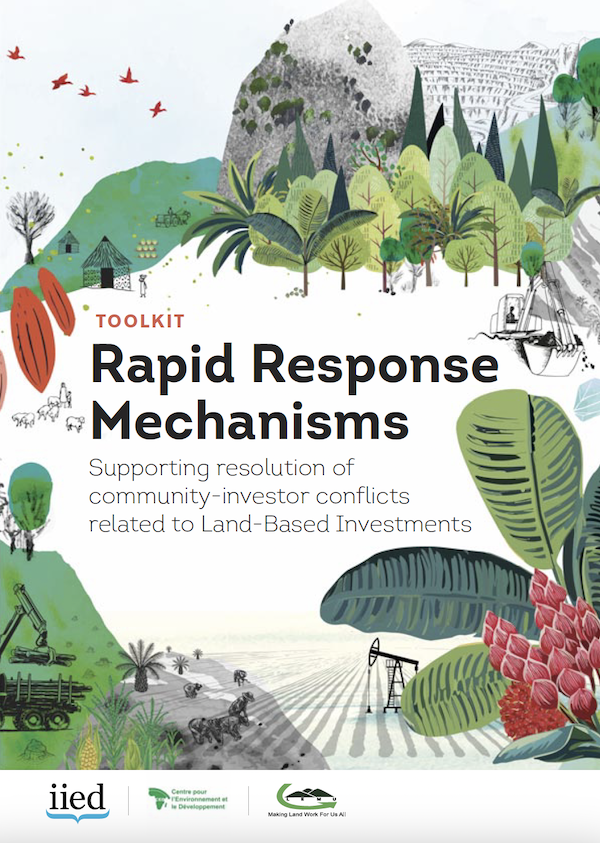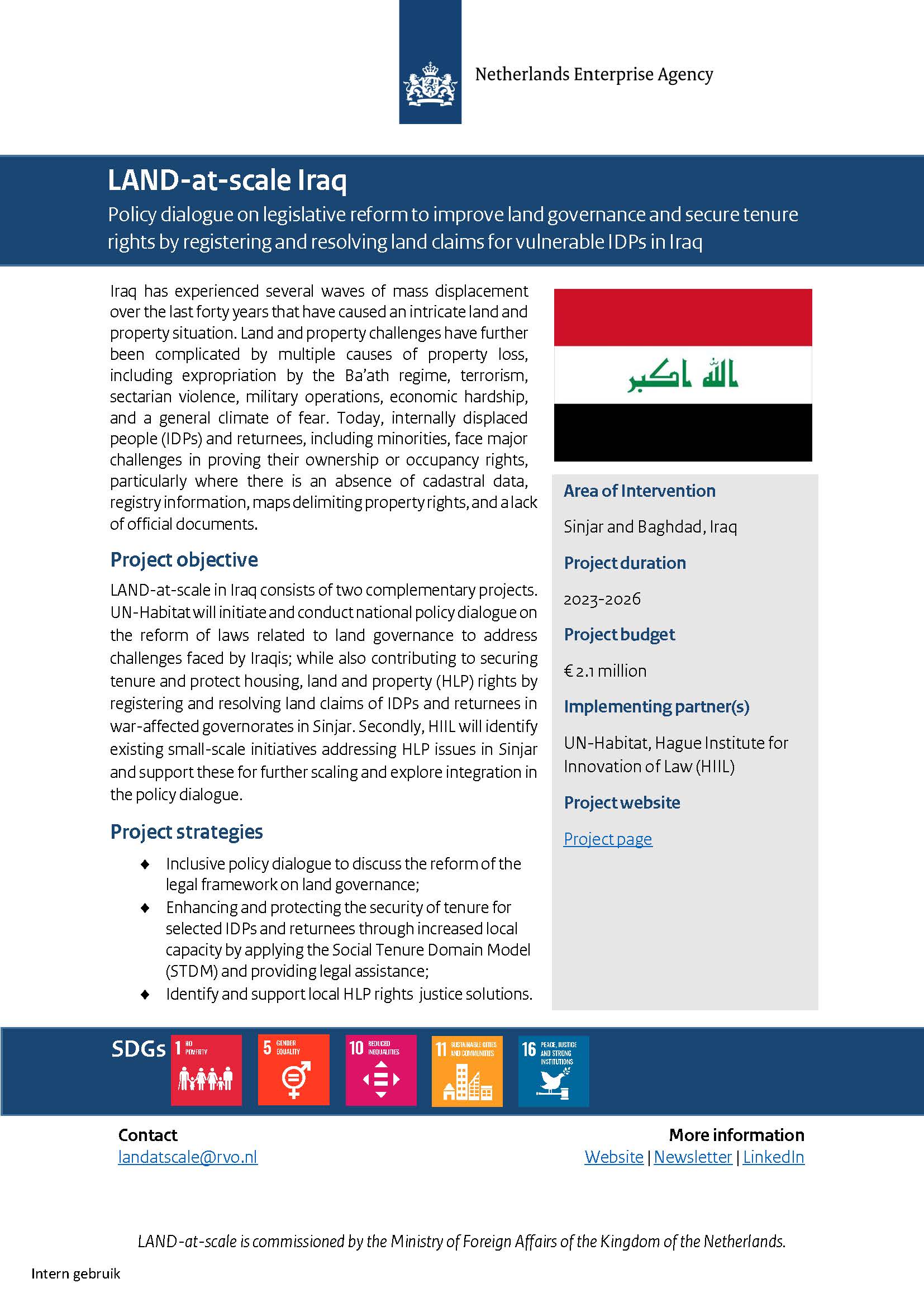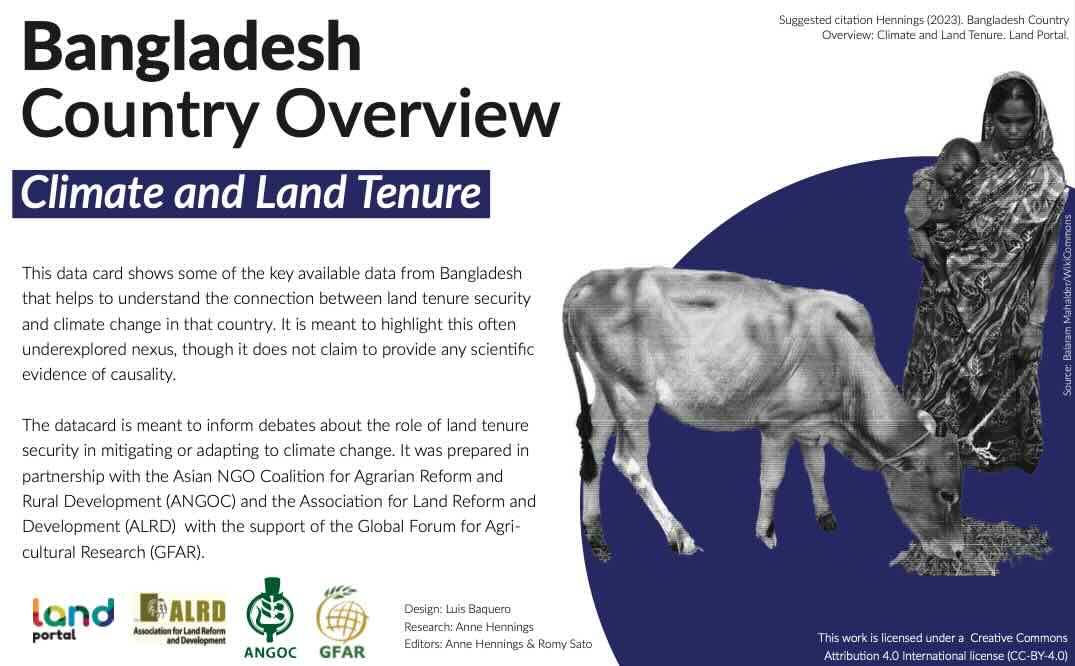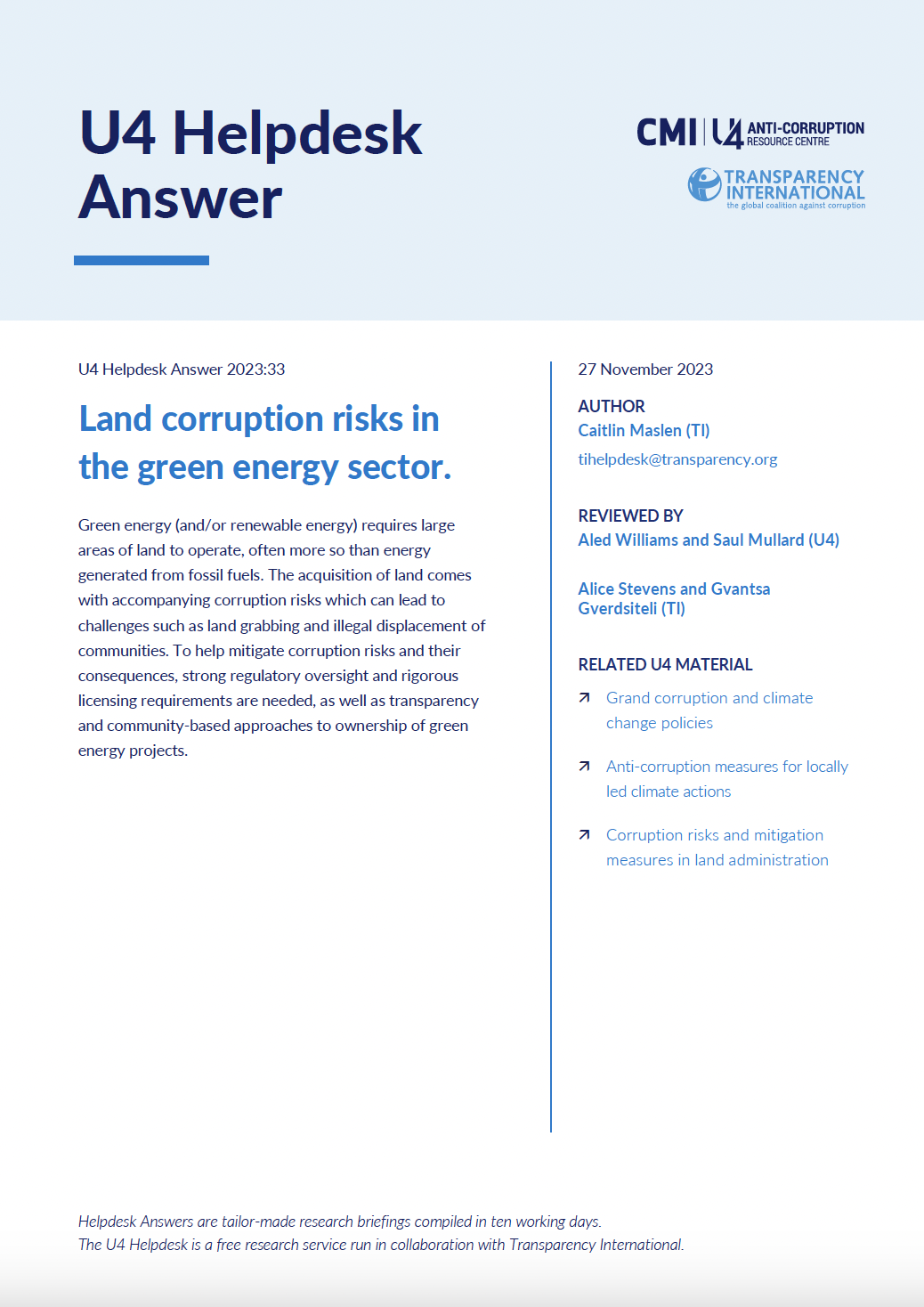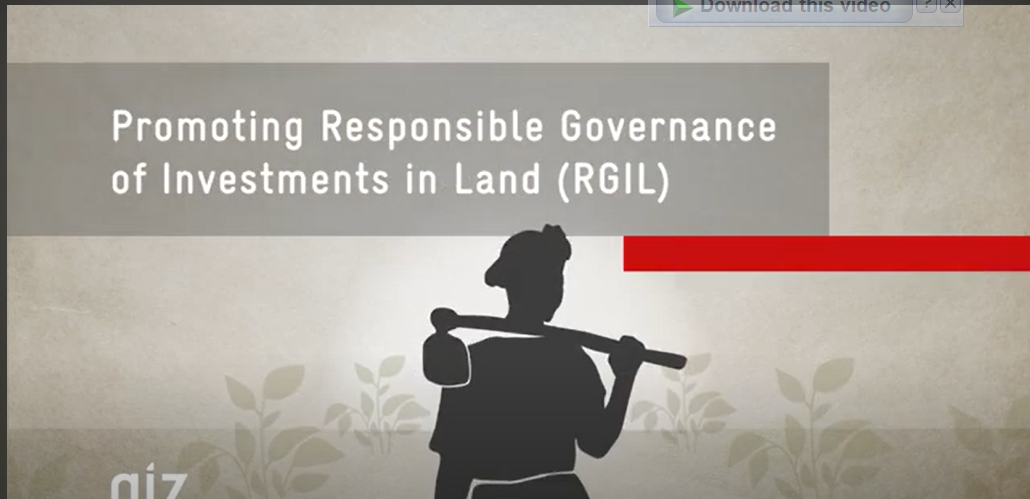Rapid Response Mechanisms
Often, approaches to investment-related land rights violations are reactive, rather than proactive and preventative: legal support is usually provided after communities have been negatively impacted, displaced or evicted — and after lives have been lost, property destroyed, local waters and soils polluted, and communities devastated. In such cases, legal support has a limited chance of reversing the damage caused.

